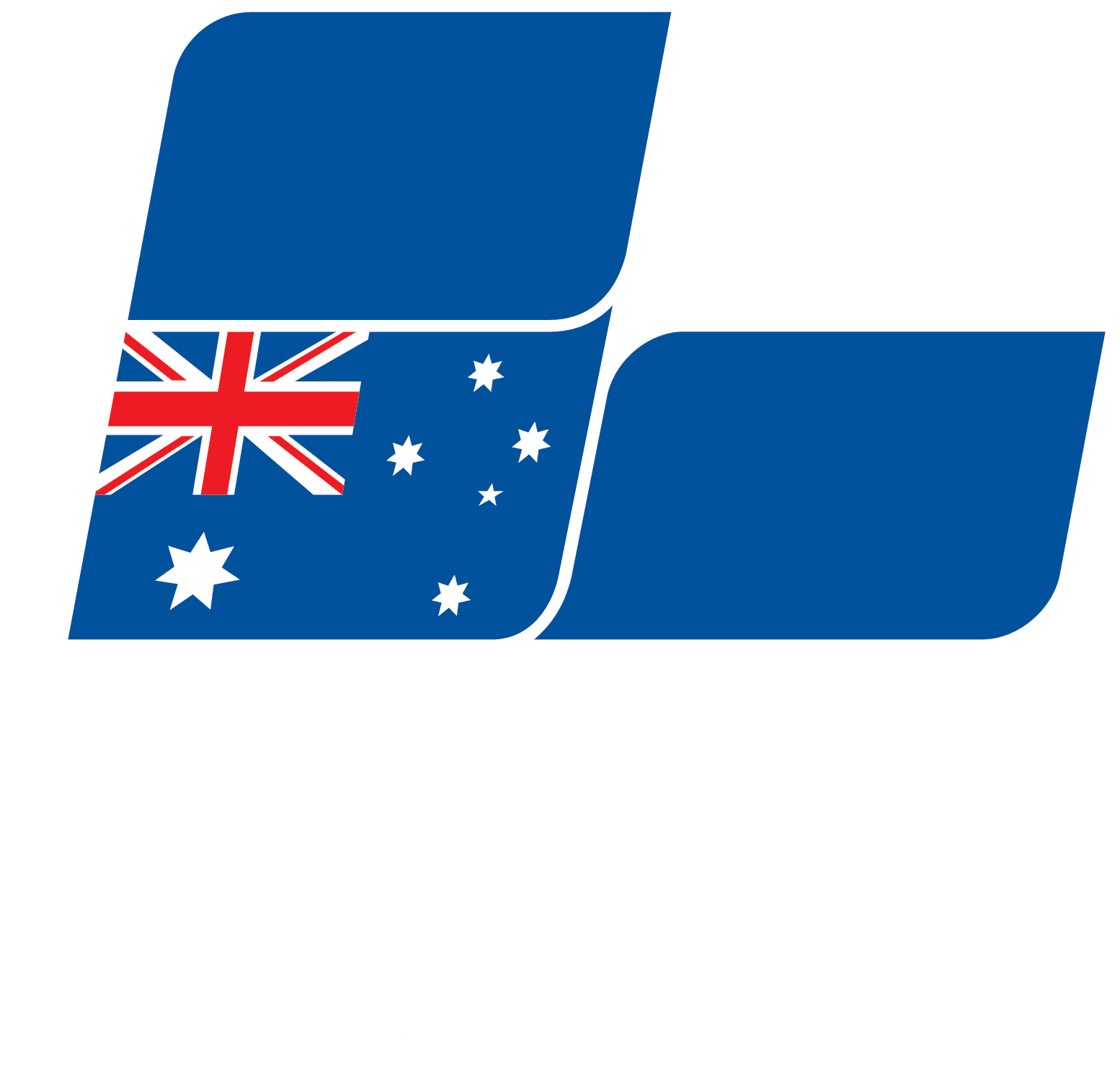MATTERS OF URGENCY – Politics and Sport – 26 March 2018
Senator REYNOLDS (Western Australia) (16:10): I, too, rise to speak on this matter of public importance. Australia is a proud sporting nation. Integrity and honesty are critically important attributes for the grassroots local clubs through to our nation’s largest sporting teams, both professional and community. All of our sporting teams, no matter what the level, must maintain the highest reputation possible, both domestically and on the international stage. We are not a country that tolerates cheats. In Australia, integrity isn’t just something that’s codified in sporting codes or legislation; it is in the fibre of our very being. As I said, we’re not a nation that tolerates cheats. Those who are cheaters need to be called out and dealt with harshly. It’s a betrayal of all Australians. Athletes who represent their communities, their states and our nation have a responsibility to live up to the highest possible standards—be they, as I said, in codes or not. It is all about integrity and also transparency.
Sometimes I think that those in large professional sports organisations, of which Cricket Australia is one, become a business and they then forget that they are actually custodians of the sport for their members, for all of their supporters and, of course, for their players. Sporting organisations are run as companies—quite rightly—but sometimes they do lose focus and do forget whom they are there to represent and the purpose that they exist for. Cricket Australia appoints their skipper to lead by example, ensuring not only that the rules and standards are maintained but also that the game itself is played in accordance with the spirit of cricket, with integrity, with freedom from cheating and with freedom from corruption. Whether it be Cricket Australia or Rugby Australia, these organisations both have responsibilities to their members, to the Australian public and to us all.
Reading about the Cricket Australia scandal and the cheating over the last 24 to 48 hours has reminded me of an inquiry I established last year, with the support of those in this chamber, into Rugby Union. I did so because I believed that Western Force supporters deserved to know why their beloved team was so brutally culled. Integrity was hard to see, and Western Force players and supporters felt cheated by those who were designated to look after their best interests. Certainly, accountability was almost invisible. Just because you can do something in big sport, doesn’t mean that you should. Clearly, in the case of Rugby Union, this was a textbook case of a national sporting organisation losing sight of the obligations they had as custodian of a sport.
The 8,000 strong crowd that assembled in Perth in August last year demonstrated very clearly that the WA Rugby community deserved an answer, they deserved transparency and they deserved to know where the integrity was in that decision. Their pain and despair was exacerbated by the failure of the then Australian Rugby Union to even come and address them to provide answers, to provide transparency, to be honest and to demonstrate that this wasn’t, in effect, cheating on behalf of another team. I promised at that rally to find answers for supporters, for players and for their families, and to call that sporting body to account—and also, importantly, for federal taxpayers, who fund the sport through the Australian Sports Commission, and for Western Australian taxpayers, who in good faith invested well over $100 million in infrastructure. They had every right to feel they had been cheated and they certainly saw no integrity and no transparency in the process.
I was personally very disappointed with the custodians of the sport and with the fact they had failed to see this inquiry as a way of fully, transparently and honestly explaining the circumstances that led to the decision to cull Western Force and save the Melbourne Rebels. It was very clear that the ARU representatives were contemptuous of those in this place and of our role in seeking answers. These captains and titans of industry were resentful for having to account for their activities. I also believe, as I’ve said previously in this place, that there were highly inappropriate and misdirected attempts by ARU officials to stop and to impede the inquiry.
To me, one of the greatest tragedies in this sad tale of ARU stewardship is that since 2008 at least 13 reviews were conducted into the sport, into grassroots engagement and into governance transparency. But, sadly, after 13 reviews in less than 10 years nothing was actioned, nothing was changed and the sport kept going backwards. The committee made very strong recommendations to the Commonwealth government, to the WA state government and also to ASIC, which I understand is still inquiring into matters raised in the inquiry. Having strong, sustainable and community focused sporting teams is unquestionably in the national interest. Therefore, it’s only sensible that the Commonwealth government review world’s best practice funding measures and performance measures to strengthen performance across our national sporting landscape.
I’m also pleased that, as part of the development of the National Sport Plan, the Commonwealth government, independently of this inquiry, is finalising a review of Australian sports integrity arrangements. Clearly, the events with Cricket Australia over the last couple of days are some of the most offensive and gross breaches of trust and honesty—and cheating—that have occurred for many years, not just in that sport but I think across all major sports. It is something that the government, the minister and this inquiry now need to look at further. As the sports integrity threat environment continues to change rapidly, all stakeholders across government and sport need to work together to ensure Australia’s sport integrity arrangements remain effective and also remain contemporary.
Sport is an integral part of Australia’s identity, bringing with it physical, social, cultural and economic benefits. Sport unites communities and is a driver for inclusion and social cohesion. Sport plays an important role across all Australian communities, from the cities to rural and regional centres, from grassroots local clubs right up to the elite sports level. It is essential to the integrity of all sports in this country, large and small, that they not only are living up to the letter of the law but are doing it with great transparency and with great integrity, free of cheating and corruption.
The review I mentioned was conducted by an independent panel, led by the Hon. James Wood QC. He was supported by a highly eminent panel. The review represents the most comprehensive examination of Australian sports integrity arrangements that has ever been undertaken. The review makes 52 recommendations, in line with its terms of reference. In light of what happened with Cricket Australia, and their almost inconceivable breakdown in ethics, process and integrity, this inquiry could not be better timed. I ask that the minister and the inquiry go back and have a look at the implications of what has come out and how this could possibly have happened in one of Australia’s most beloved sporting traditions. I very much look forward to seeing the government’s response to this review and, importantly, the impact it will have in ensuring that Australian sporting teams remain amongst the world’s best, and they do it with integrity and free of the stain of cheating.
Our sportsmen and sportswomen, as with politicians and other community leaders, not only are required to follow the codes of conduct but are there to lead by example and set standards we all can be proud of. As I said throughout the inquiry into rugby union last year, just because legally you can do something doesn’t mean you should ever do it, particularly when you’re the custodian and the stewards of a great sporting code. All custodians are not just there to run a business; they’re there to maintain national sports that millions of Australians love, participate in and feel very proud of. I commend the government for this review and I hope that the catastrophic failures of culture, process, plans and attitudes in Cricket Australia cannot and do not happen again in any sporting code.


